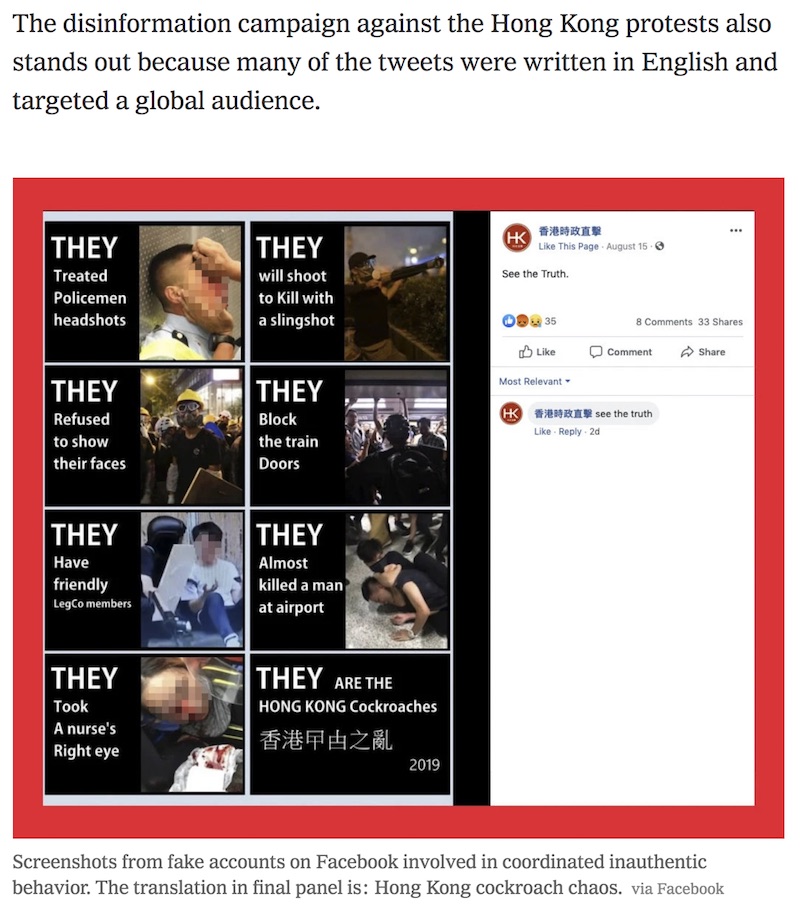"Loser" in Taiwan and in China
From Don Keyser:
Perhaps you are familiar with the Taiwan slang word lǔshé 魯蛇 — I was not, and needed to look it up. Cute. Picking evocative characters pronounced lu3she2 — for "loser." This usage is sufficiently common to have found its way into Pleco, though it befuddled Google Translate when I first tried there.
Those who write for Sīxiǎng tǎnkè 思想坦克 [Voicettank] often identify themselves in witty ways. This author, Ke Fanxi 柯汎禧, informs the reader that he is a loser at the lowest rung of academia, currently a doctoral student at the Institute of Political Science of Sun Yat-Sen University: "Zuòzhě mùqián shì jiùdú yú Zhōngshān dàxué zhèngzhì xué yánjiū suǒ de bóshì shēng, xuéshù zuì dǐcéng de lǔshé 作者目前是就讀於中山大學政治學研究所的博士生,學術最底層的魯蛇.
Having occupied that rung myself in the long ago, I appreciate both the sardonic wit and the accuracy. Well, there ARE lower rungs, to be sure, but mere doctoral candidates can certainly be made to feel like creepy, crawly losers.
The article "Hán fěn de xìnxīn dào nǎlǐ qùle 韓粉的信心到哪裡去了?" ("What has happened to the confidence of Han [Kuo-yu's] fans?") referred to above is found here.
Read the rest of this entry »





